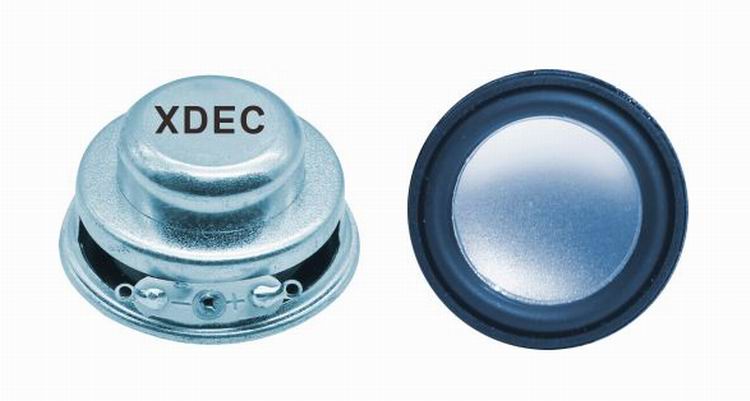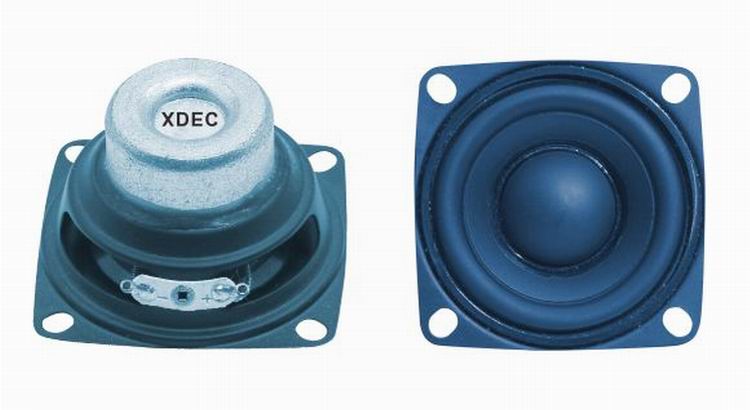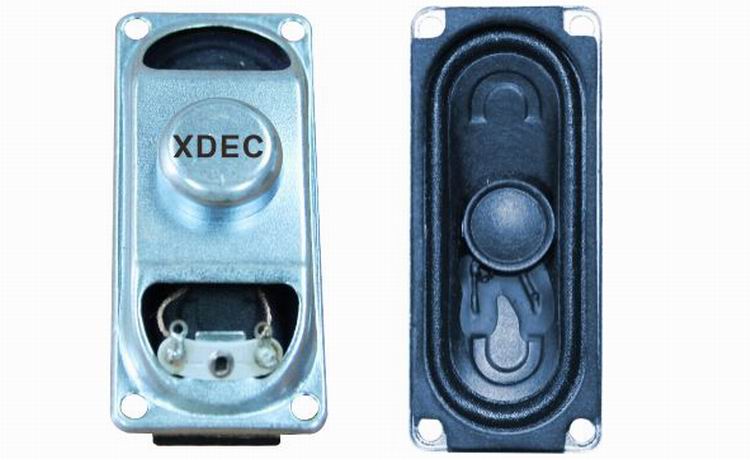Ripple's Interledger Protocol (ILP, Interledger Protocol) open sourced the first Bitcoin plug-in, designed to help users achieve seamless transactions in multiple types of ledgers.
Through the open source of this Bitcoin tool and another plug-in of the enterprise platform Chain, Ripple conducted a live demonstration and realized the transfer of a transaction among 7 different ledgers. At the Blockchain Expo in Berlin, Germany, the transaction was transferred between public blockchains, private blockchains, centralized ledgers and traditional payment channels.

Currently, no single transaction can achieve the integration of multiple ledgers. Ripple's CTO Stefan Thomas (Stefan Thomas) said that the purpose of this demonstration is to prove that traditional channels can be perfectly integrated with distributed ledgers.
Thomas said:
We think this is the future development trend. We believe that in the future, all different ledgers will be interconnected, and transactions can also be seamlessly connected. Therefore, we want to ensure that our customers are prepared for the future development of the world.
In addition to the latest open source Bitcoin and Chain integration, Ripple's native token Ripple (XRP) also uses XRP deeds and XRP payment channels to conduct "relatively small" cross-ledger transactions. Ethereum (Ethereum), which is Ripple's candidate centralized ledger and "trust line" also appeared in transactions.
This payment was converted from legal currency to XRP and then to Euro. Based on the payment channel, the ILP connector was used to implement currency conversion and push payment between various ledgers.
Interoperability is expectedThis cross-ledger demonstration is the trend of the entire industry to integrate blockchain-this year progress has been rapid in this regard.
In the past month alone, Blockstack has released its decentralized browser, any blockchain can join a distributed version of the Internet; 0x launched the alpha test version of the token trading platform, through the real-time Transaction to achieve seamless interaction of decentralized applications.
Evan Schwartz, one of the inventors of ILP and the general manager of Ripple Luxembourg, saw this transaction demonstration as a good opportunity to demonstrate the advantages of blockchain interoperability.
This demonstration proved that this type of cross-ledger architecture can not only integrate two ledgers, but can also transfer between multiple ledgers.
Cryptocurrency heats upRipple first released the ILP protocol in October 2015. At that time, banks were particularly cautious about businesses involving cryptocurrencies and were just beginning to explore non-cryptocurrency applications of blockchain technology.
Since the release of ILP, banks have shown increasing interest in distributed and shared databases, especially blockchain, but they still have resistance to cryptocurrency transactions due to KYC (Know Your Customer) compliance.
To some extent, Ripple changed the attitude of banks. They worked with banks to build a large number of early products based on their distributed ledger technology (DLT) but did not involve their native tokens.
From now on, this situation can be changed if banks' hesitation towards cryptocurrencies can be alleviated. This is very possible, because some banks have begun to accept Bitcoin companies that intend to open fiat currency accounts. Ripple has even begun to develop XRP-based banking applications, so the company seems to have begun to prepare for a wider range of popularity in the future.
Thomas said:
Bitcoin is one of the most used and most widely known ledgers. Therefore, the feasibility of any interoperability protocol depends on whether it can support Bitcoin, XRP and Ethereum.
Plug-in discussion
In recent days, Ripple has been able to complete the construction of the eighth connector at the Berlin conference, which can be integrated with Litecoin (LTC). According to Ripple executives, the completion of this process only requires slight improvements to the Bitcoin tool code.
The company further stated that they will organize a discussion meeting with technical personnel from Zcash, Lightning Network, GateHub, BigchainDB, PayPal and Hyperledger Burrow of Monax.
Thomas concluded:
We want to satisfy our customers, and we want to speak up for the interests of our customers. Therefore, we have invested a lot of resources in the R&D department, which means that we have already given customers a solution that satisfies them before they realize what they want.
Multimedia speaker:
Multimedia speaker is a kind of speaker unit which is used for multimedia devices. Multimedia speakers are divided into tweeter, midrange, Woofer and full range according to their working frequency response ranges. Multimedia speakers have loud sound, wide frequency response range and rich bass. These speaker units are widely used in Bluetooth speakers, portable speakers, waterproof speakers, computer speakers, car audio , TV audio and robots
Our main multimedia speakers are full ranges speakers units:
1) From the diameter: we have speakers in 1" ~ 3".
2) From the power output, we have speakers of 2W ~ 15W.



FAQ
Q1. What
is the MOQ?
XDEC: 2000pcs for one model.
Q2. What is the delivery lead time?
XDEC: 20 days for normal orders, 15 days for urgent orders.
Q3. What are the payment methods?
XDEC: T/T, PayPal, Western Union, Money Gram.
Q4. Can you offer samples for testing?
XDEC: Yes, we offer free samples.
Q5. How soon can you send samples?
XDEC: We can send samples in 3-5 days.
Multimedia Speaker,Multimedia Speaker Driver,Mini Speaker,Desktop Computer Speakers
Shenzhen Xuanda Electronics Co., Ltd. , https://www.xdecspeaker.com